Columbine Flowers: How To Grow Columbines
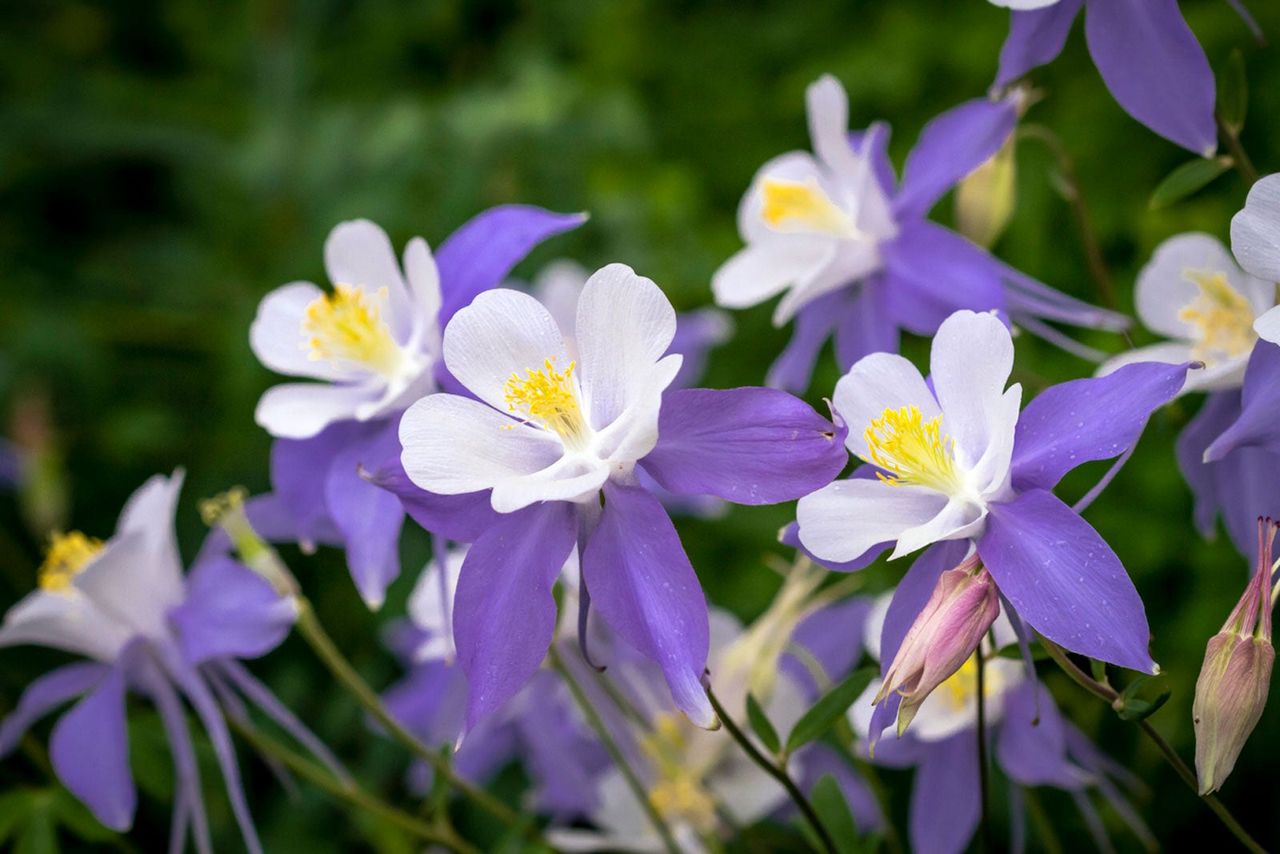

The columbine plant (Aquilegia) is an easy-to-grow perennial that offers seasonal interest throughout much of the year. It blooms in a variety of colors during spring, which emerge from its attractive dark green foliage that turns maroon-colored in fall. The bell-shaped flowers are also a favorite to hummingbirds and may be used in cut-flower arrangements as well.
How to Grow Columbines
Columbine plants aren't too particular about soil as long it's well-draining and not too dry. While they enjoy full sun in most areas, they don't like it very hot, especially during summer. Therefore, in warmer areas like the south, grow them in partial shade and give them plenty of mulch to help keep the soil moist. Mulch will also help insulate and protect these plants during winter in other regions.
Columbine Planting Tips
Columbines start easily from seed and will readily multiply once established. Columbine flower seeds can be directly sown in the garden anytime between early spring and mid-summer. There's no need to even cover them as long as they receive plenty of light.
Put pre-established plants in the ground at the same time, with the crown placed at soil level. Spacing for both seeds and plants should be anywhere from 1 to 2 feet (.3 to .6 m.).
Note: Blooms will not appear on seed-grown plants until their second year.
How to Care for Columbine Plant
Keep the plants moist following columbine planting until well established. Then only weekly watering is necessary with exception to extended periods of drought in which they will require additional watering. Provide a water-soluble fertilizer monthly. Regular fertilizing will help produce brighter blooms and thicker foliage. R
egular deadheading can also be performed to encourage additional blooming. If self-seeding becomes an issue, both the foliage and remaining seedpods can be cut back in the fall. While some people prefer not to allow them to self-sow, it is often recommended, as columbine plants are generally short-lived with an average lifespan of about three or four years.
Gardening tips, videos, info and more delivered right to your inbox!
Sign up for the Gardening Know How newsletter today and receive a free copy of our e-book "How to Grow Delicious Tomatoes".
f desired, these plants can also be divided every few years. Although columbine doesn't suffer from too many problems, leaf miners can become an issue on occasion. Treating plants with neem oil is a good way to control these pests.
Pruning columbine plants back to the basal foliage just after blooming can usually help alleviate any problems with insect pests as well. You may even be lucky enough to get a second set of stem growth within a few weeks so that you may enjoy another wave of blooms.

Nikki Tilley has been gardening for nearly three decades. The former Senior Editor and Archivist of Gardening Know How, Nikki has also authored six gardening books.
-
 7 Vegetables To Plant In April: Start Indoors Or Outside For A Bumper Summer Harvest
7 Vegetables To Plant In April: Start Indoors Or Outside For A Bumper Summer HarvestAchieve your growing ambitions with these best vegetables to plant in April – including cold-hardy crops to sow direct and tender varieties to start indoors
By Mary Ellen Ellis
-
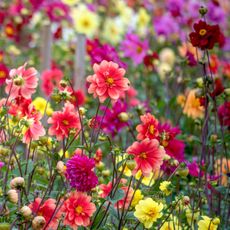 Cut Flower Garden For Beginners: 8 Easy Decorative Floral Plants For Newbies To Grow
Cut Flower Garden For Beginners: 8 Easy Decorative Floral Plants For Newbies To GrowAre you new to growing decorative florals for bouquets and ornamental displays? A cut flower garden for beginners is well within reach if you grow these flower seeds
By Tonya Barnett
-
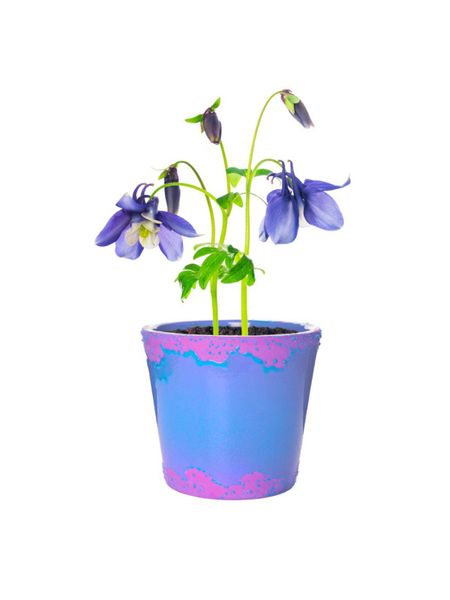 Columbine Indoor Plant Care – Can You Grow Columbine Indoors
Columbine Indoor Plant Care – Can You Grow Columbine IndoorsCan you grow columbine indoors? Is it possible to grow a columbine houseplant? Click here for the answer.
By Mary H. Dyer
-
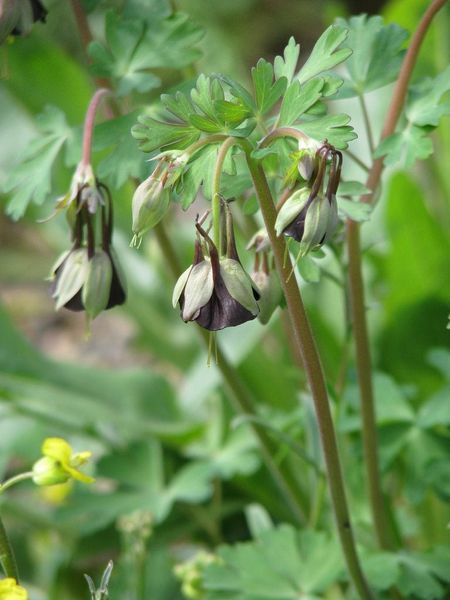 Chocolate Soldier Columbine: How To Grow Green Flower Columbine Plants
Chocolate Soldier Columbine: How To Grow Green Flower Columbine PlantsColumbine is a favorite perennial for many gardeners, for its unusual flowers and ease of care. Aquilegia viridiflora is a special variety that lovers of columbine need to check out. Also known as green or chocolate soldier or green columbine, you can learn about it here.
By Mary Ellen Ellis
-
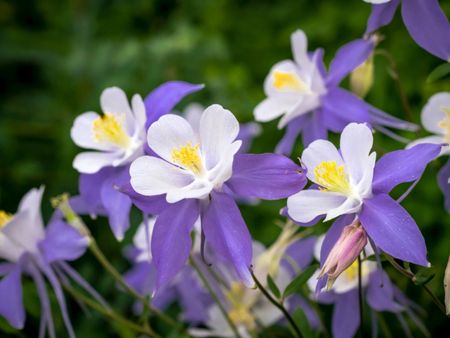 Columbine Varieties: Selecting Columbines For The Garden
Columbine Varieties: Selecting Columbines For The GardenColumbines are beautiful flowering perennial plants for any garden or landscape. There are a number of types available, and this article can help with choosing the right columbine flower for your garden.
By Stan V. Griep